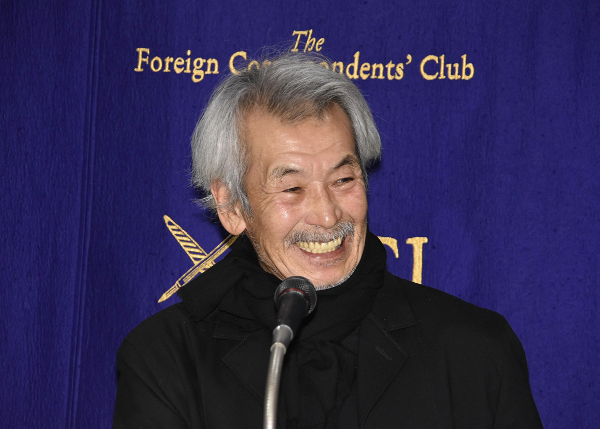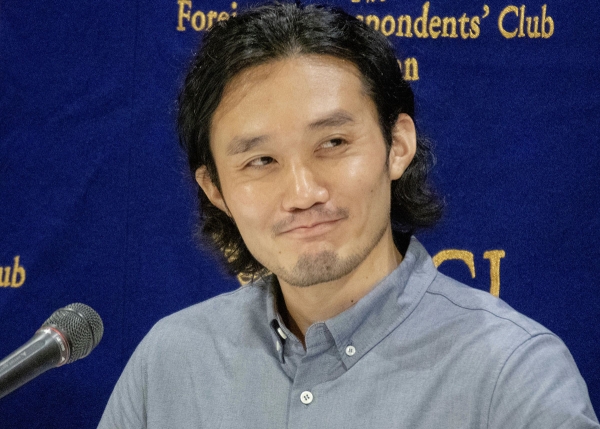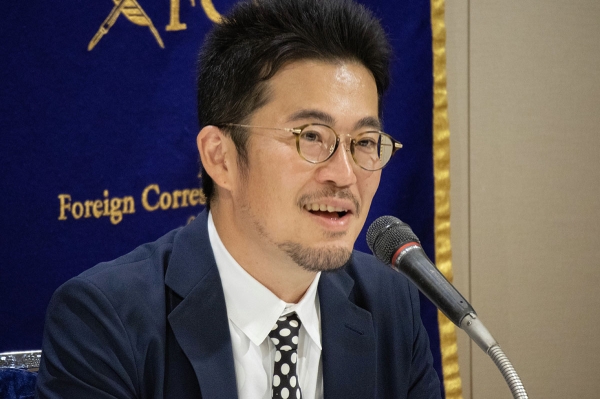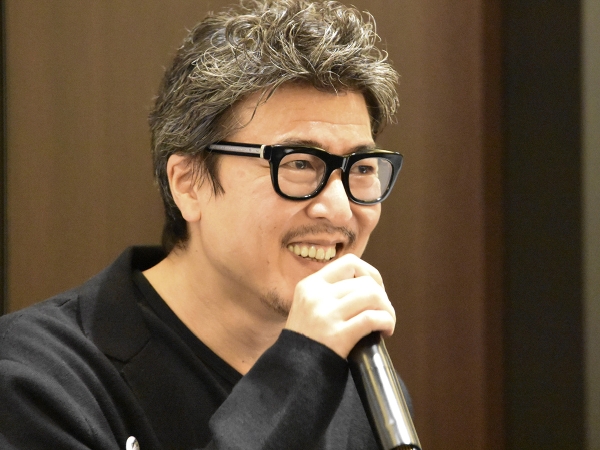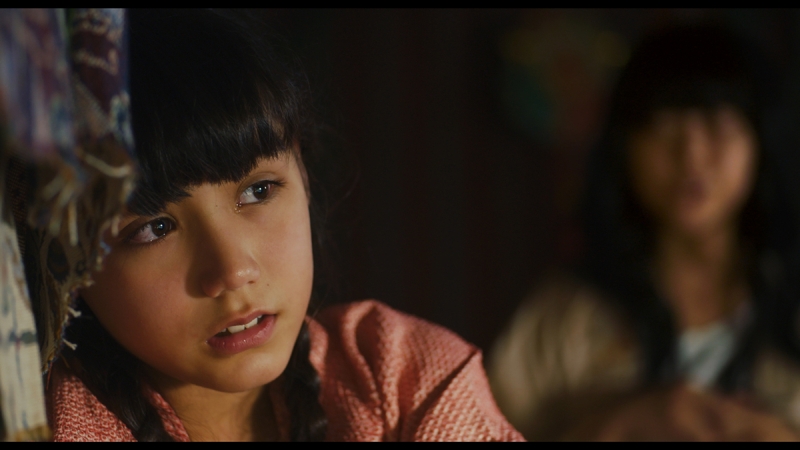RIBBON
A few weeks prior to the screening of Ribbon, the Film Committee had the privilege of welcoming one of Japan’s most internationally acclaimed creative artists, Min Tanaka, who appeared with director Isshin Inudo to discuss their documentary The Unnameable Dance.
On February 7, we were privileged to welcome Non (née Rena Nonen), 48 years younger than Tanaka but surely destined for her own international acclaim. Not only has she made one of the few Japanese films that addresses the effects of the Covid pandemic straight on with Ribbon, she has demonstrated a prodigious creativity with the film, her debut theatrical feature — writing, directing, editing, starring in and even creating the art for it.
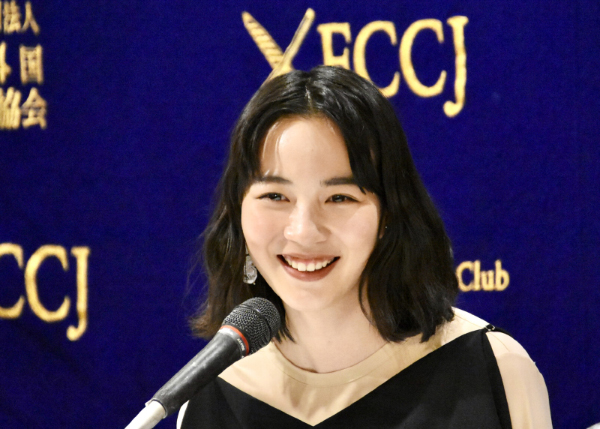
©FCCJ


